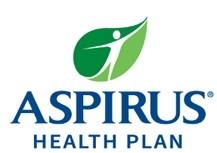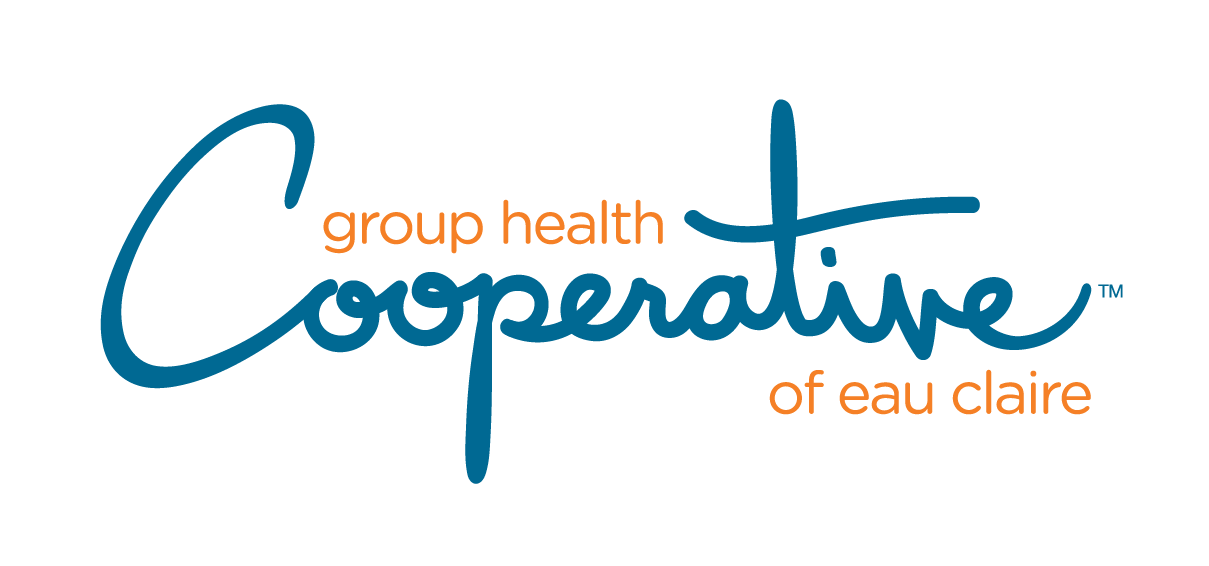January 16, 2018
FOR IMMEDIATE RELEASE
Contact: Leah Hunter lhunter@achp.org
202-524-7772
ACHP Recommends Improvements to Quality Ratings, Inclusion of Telehealth in MA, Increased Flexibility for Health Plans in Letter to CMS
Washington, D.C. – The Alliance of Community Health Plans (ACHP) is recommending important steps to control drug costs, collaboration on new quality efforts and is pressing for telehealth services for America’s seniors in comments to CMS’ proposed rule on Medicare Advantage and Part D.
“Our commitment to quality has always been a defining characteristic of ACHP member plans,” said ACHP President and CEO Ceci Connolly. “We appreciate CMS’ focus on enhanced quality initiatives and offer strategic ways to transform the Star Rating System into one that truly rewards the highest quality care.”
ACHP offers a number of recommendations to refine the CMS Star Ratings System to recognize sustained and superior plan performance. This includes new measures on care coordination and restoring quality payments drastically reduced under the benchmark cap. ACHP also makes recommendations to improve the accuracy of the ratings and place greater weight on clinical measures that reflect the quality of care patients receive.
ACHP plans are some of the highest quality in the nation, topping the CMS Star Ratings year after year. ACHP members offer half of all 5-star rated Medicare Advantage (MA) plans. Overall, 34 MA contracts offered by ACHP members received 4 stars or above in 2017. ACHP plans provide care and coverage to more than 19 million Americans, including 2.5 million MA beneficiaries.
The proposed rule’s regulatory flexibility and support for health plans to strengthen benefits, promote high value services and manage costs is welcome news and reflects previous ACHP recommendations. Especially important are new rules allowing Part D plans to update prescription drug formularies throughout the year to include new generics and adjust for pricing changes or clinical developments. This change will lower out-of-pocket costs for beneficiaries when less expensive generic substitutes become available, rather than having to wait an entire plan year for the newest treatments.
“Telehealth is an important and cost-effective way that our member plans provide access to high quality coverage and care,” said Connolly. ACHP asked CMS to allow plans to include telehealth-based services under MA basic benefits. Many ACHP plans already use telehealth to reach rural or hard-to-reach enrollees. Expanding the use of telehealth in MA has significant bipartisan support in Congress and is projected to reduce spending by the nonpartisan Congressional Budget Office.
ACHP also appreciates the discussion that CMS has initiated on drug rebates and beneficiary costs at the point of sale. The high prices set by manufacturers for prescription drug products are the underlying issue and we recommend that Part D plans (and PBMs) should not be required to pass along manufacturer rebates at the point of sale.
To access the full text of the ACHP letter, click here.
About ACHP
The Alliance of Community Health Plans (ACHP) is a national leadership organization bringing together innovative health plans and provider groups that are among America’s best at delivering affordable, high-quality coverage and care. ACHP’s member health plans provide coverage and care for more than 19 million Americans across 30 states and the District of Columbia. These organizations focus on improving the health of the communities they serve and are on the leading edge of innovations in affordability and quality of care, including primary care redesign, payment reform, accountable health care delivery and use of information technology. To learn more, go to www.achp.org and follow ACHP on Twitter @_ACHP.


































